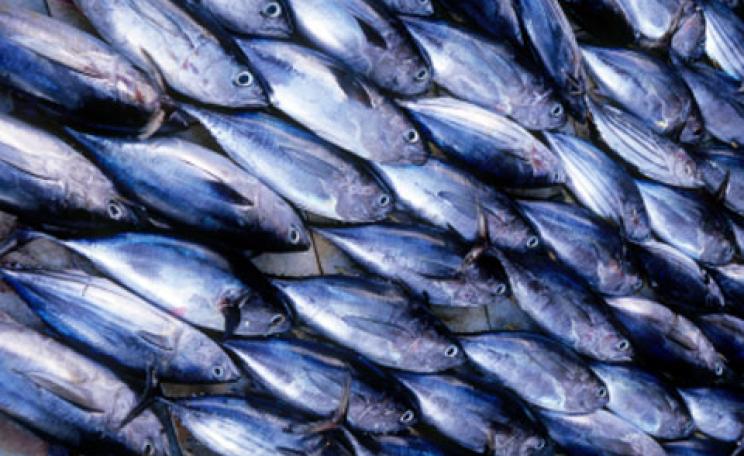Badgers are believed to spread TB to cattle but the likely success of any cull is disputed
A controversial cull of England's badgers was announced at lunchtime on Tuesday in parliament, when the environment secretary told MPs she was 'strongly minded' to allow farmers to shoot badgers in a controlled fashion.
Animal campaigners reacted furiously, and are likely to mount a legal challenge to the plans, but farming representatives welcomed the proposals.
Caroline Spelman said the cull was needed to bring down the rates of infection of tuberculosis in cattle. 'This is a comprehensive, balanced set of measures to tackle this terrible disease,' she said.
She announced that two pilots would take place to confirm that controlled shooting would be humane and effective, and the government would consult on licensing.
Once this stage is complete and, if it is deemed successful, farmers would be able to apply for licences to shoot badgers under strict limits on how it can be carried out.
The location of the pilots has not yet been decided.
Peter Kendall, president of the National Farmers' Union (NFU), said farmers 'would heave an enormous sigh of relief'. Many farmers have been calling for a cull for more than a decade, as TB infection rates in cattle have risen rapidly, with the west and south-west of England worst affected.
Protected species
Badgers, though not endangered, are a protected species, and the efficacy of a cull in protecting cattle from TB is widely contested.
Lord Krebs, who as a government adviser in 1997 was the architect of a 10-year experimental cull, recently rejected culling as 'ineffective'. He said other measures would be more productive, such as improved security for cattle to prevent them coming into contact with badgers, and the use of a vaccine when one becomes readily available.
Culling badgers, according to the trials, resulted in a 16 per cent reduction in 'confirmed new incidence' of TB in cattle herds – an outcome that farming leaders and the secretary of state hailed as a useful strategy, but that Krebs said was not enough to justify a widespread cull.
He said: 'You cull intensively for at least four years, you will have a net benefit of reducing TB in cattle of 12 per cent to 16 per cent. So you leave 85% of the problem still there, having gone to a huge amount of trouble to kill a huge number of badgers. It doesn't seem to me an effective way of controlling the disease.'
However, the NFU favours a cull, citing evidence from Ireland, where experimental culls have been allowed, and from Australia and New Zealand, where culls of other wild animals have been credited with reducing disease rates.
Bovine TB causes £90m of damage annually, with affected farmers forced to discard milk, meat and other products from infected beasts, and sometimes to abandon livestock farming altogether. The worst affected areas are in the south-west of England and Wales, but 'hotspots' for the disease occur around the country.
Under the plans, farmers would be allowed to kill badgers using 'free shooting'. This would mean trained marksmen targeting badgers, a method that would be paid for by farmers and is likely to be cheaper than the alternative of trapping and killing badgers.
Farming leaders said free shooting would enable groups of farmers and landowners to club together to target areas of at least 150 sq km, the minimum to be allowed under any new culling rules, and they would only be granted a licence if it can be proven the area is a TB 'hotspot'.
This article is reproduced courtesy of the Guardian Environment Network
| READ MORE... | |
 |
COMMENT Why only hedgehogs can make us love nature A scientist who 'doesn't do dippy nonsense', hedgehog expert Hugh Warwick was moved by one spiny specimen into a new-found appreciation for the natural world |
 |
NEWS Farmers could be allowed to kill badgers from 2011 Government says vaccination on its own is not enough to stop the spread of bovine TB in cattle and announces plans to grant farmers culling licences |
 |
NEWS ANALYSIS 'Routine antibiotic use' linked to new MRSA strain found in UK dairy cows Fresh concerns over the spread of antibiotic-resistant infections from farm animals to humans have been raised after scientists find new strain of potentially deadly superbug in dairy cows |
 |
GREEN LIVING Roadkill Chef ‘OK then,’ I say to Fergus, with a challenge in my voice, ‘what about badger?’ ‘Badger?’ says Fergus, his eyes on the road as he drives me into the Kent countryside. |
 |
NEWS ANALYSIS Experts hail world's first 'sustainable industrial fishery' for tuna Support from UK supermarkets to phase out tuna caught with damaging fishing gear could make the Western Pacific tuna the world's first sustainable industrial fishery |








